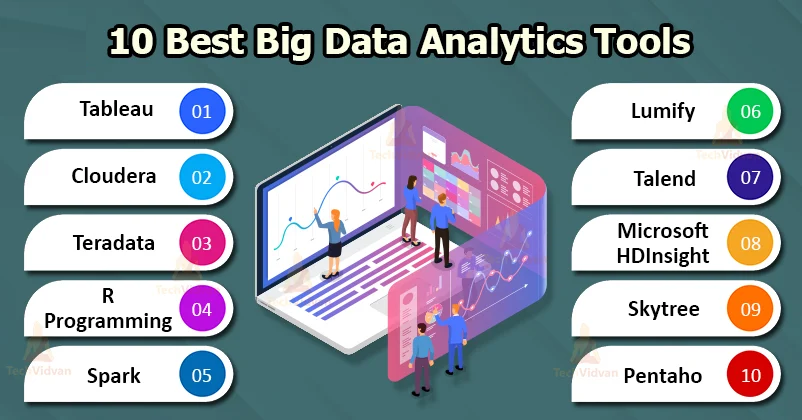The Big Data Hope for Healthcare
Big Data can be defined as the analysis of large volumes of information with the help of technology. Big Data analytics have come a long way and are nowadays being routinely used in order to improve a number of industries. One of the industries benefiting from Big Data, in particular, is healthcare.
Healthcare has always been a sensitive issue, and medical professionals have always made it their priority to cater to the healthcare needs of people. But prior to the introduction of Big Data training, the industry suffered from a lack of insight into future events. In many cases, patients were diagnosed with certain conditions long after they had actually started developing them. Overall, the industry was suffering from an inefficient individual as well as collective analyses.
The Big Data Boom
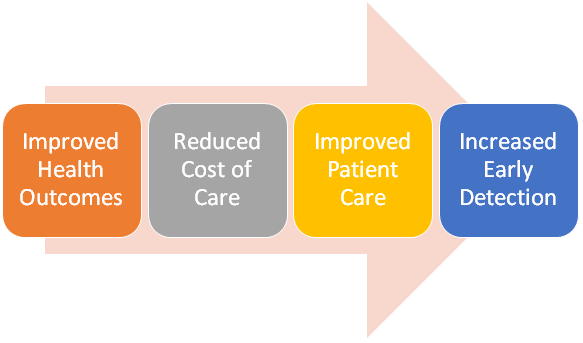
Big Data, however, is poised to give the healthcare industry a massive boom. With rapid advancements in technology, and smartphones becoming more mainstream than ever before, Big Data is already beginning to show promising signs.
For example, let’s think about healthcare apps and certain wearable devices that help individuals in keeping track of their heart rates, calories, and diets. All these technologies are helping not just individuals to understand their own bodies, but also enabling them to share that information for analysis.
Coordination and Teamwork
The potential of Big Data analysis has convinced medical healthcare professionals and data scientists to team up and work together. The main objective is to diagnose individuals with medical conditions at an early stage. This reduces not just the individual’s potential pain, suffering and medical bills, but also helps medical professionals to look into the future for avoiding early deaths and predicting and preventing epidemics.
The Pittsburgh Health Data Alliance is an outstanding example of the unity of professionals in the fields of healthcare and data analytics. The partnership aims to understand individual patient situations and deliver custom packages instead of generic methods of treatment that may or may not work in the long run. Individual situations are understood through the collection and study of data derived from a variety of sources such as genetic data, healthcare and insurance records, wearable devices and social media activity.
What Does the Future Hold?
With ever-increasing certified Big Data professionals, expect the combination of Big Data and healthcare to flourish in the future. As things keep progressing, you can expect your doctor to keep track of the analytical side of things as well. Reading into individual statistics can result in a realistic reflection of the state of collective health, thereby ensuring preparation for conditions and diseases in advance and proper response mechanisms if anything does go wrong.
Differences of Big Data with Existing Databases
- Big Data is much less complex than relational database systems. Instead of the classic table-and-column oriented structure, Big Data is raw data and almost completely unstructured. Big Data file systems are generally chaotic, unlike relational databases, which store data in a well-defined manner.
- It is said that raw data is the best data, because of the lack of applied business rules. Data collected in Big Data file systems features absolutely nothing in terms of transformations, and the data remains absolutely free of cleansing.
- The main disadvantage of relational databases is their maintenance and operations, which are tough due to massive expenses. Due to the lack of design work and comparatively easy-to-maintain character of Big Data, it is much more affordable.
While most of the positives favor the switch from classic relational databases to Big Data in the healthcare sector, it has to be said that in terms of usability, Big Data can be quite tricky. And with the obstacles of expertise and security still to improve in Big Data analytics, there is still a bit of time before Big Data makes it really big in healthcare.
Find a course provider to learn Big Data
Java training | J2EE training | J2EE Jboss training | Apache JMeter trainingTake the next step towards your professional goals in Big Data
Don't hesitate to talk with our course advisor right now
Receive a call
Contact NowMake a call
+1-732-338-7323Take our FREE Skill Assessment Test to discover your strengths and earn a certificate upon completion.
Enroll for the next batch
big data full course
- Sep 1 2025
- Online
Big Data
- Sep 2 2025
- Online
big data full course
- Sep 3 2025
- Online
Big Data
- Sep 4 2025
- Online
big data full course
- Sep 5 2025
- Online
Related blogs on Big Data to learn more
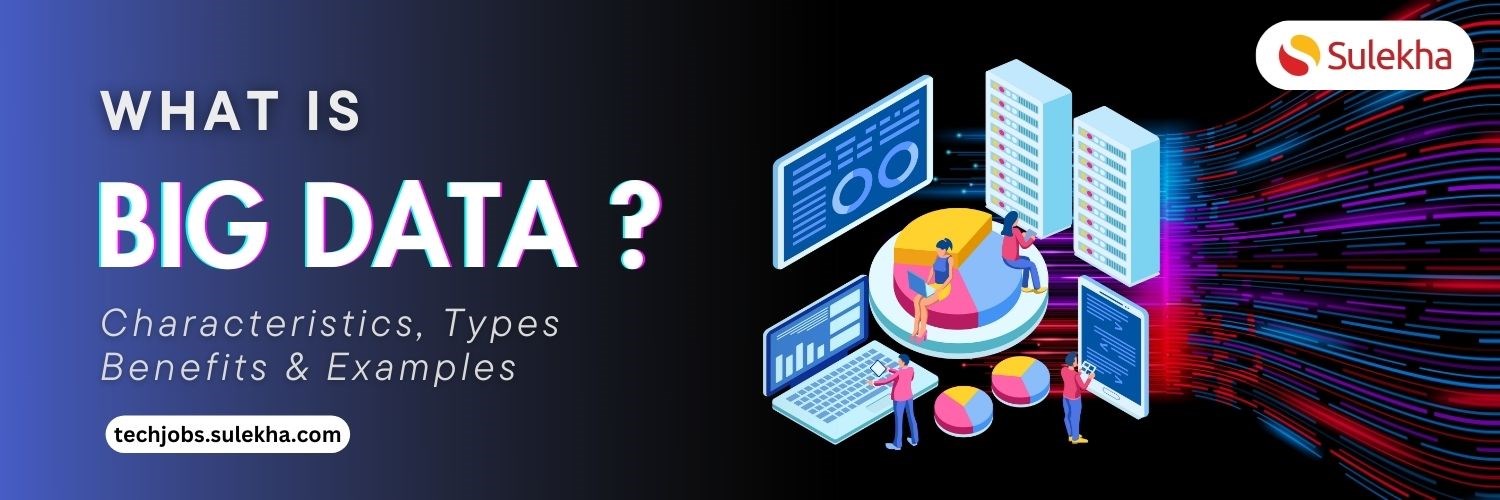
What is Big Data – Characteristics, Types, Benefits & Examples
Explore the intricacies of "What is Big Data – Characteristics, Types, Benefits & Examples" as we dissect its defining features, various types, and the tangible advantages it brings through real-world illustrations.
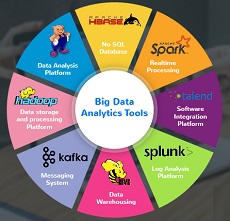
Top 10 Open-Source Big Data Tools in 2024
In the dynamic world of big data, open-source tools are pivotal in empowering organizations to harness the immense potential of vast and complex datasets. Moreover, as we enter 2024, the landscape big data tools and technologies continues evolving be
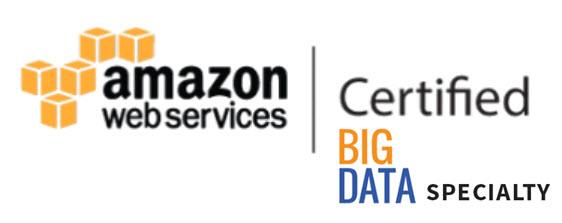
AWS Big Data Certification Dumps Questions to Practice Exam Preparation
Certification in Amazon Web Service Certified Big data specialist will endorse your skills in the design and implementation of the AWS services on the data set. These aws big data exam questions are prepared as study guide to test your knowledge and
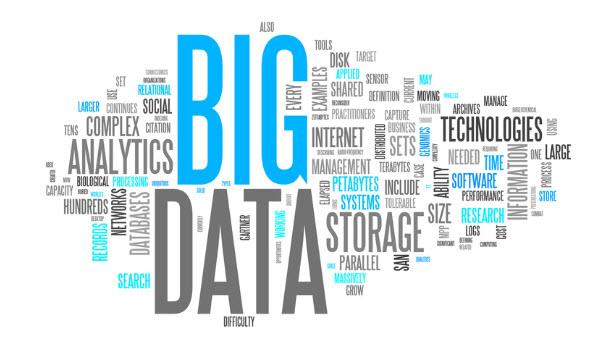
Top 25 Big Data Questions and Answers for Certification Passing score
You can appear for big data certification exam with confidence and come out with certification. We have prepared a bunch of important big data exam questions along with the correct answer and the explanation for the right answer. Utilize these sample
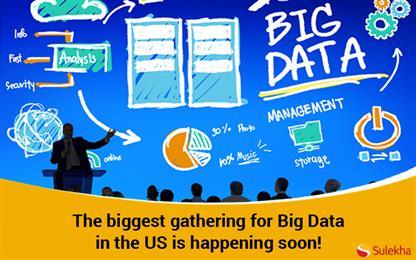
Sixth Edition of Big Data Day LA 2018 - Register Now!
If you’re keen tapping into the advances in the data world, and currently on a quest in search engines, looking for Big Data conferences and events in the USA, there is a big one coming up your way! Yes, the sixth annual edition of Big Data Day LA

15 Popular Big Data Courses to learn for the future career
We have found a list of big data courses that are necessarily required for the future. Professionals and freshmen who are learning these courses prepare the participants to see bigdata careers with high pay jobs.
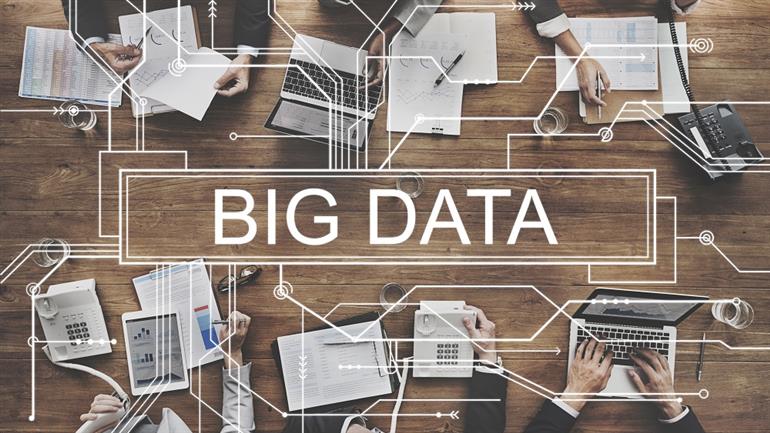
Best countries to work for Big Data enthusiasts
China is fast becoming a global leader in the world of Big Data, and the recently held China International Big Data Industry Expo 2018
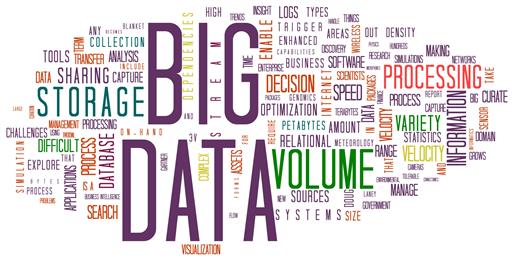
Top Institutes to enroll for Big Data Certification Courses in NYC
If achieving a career breakthrough is hard, harder is sustaining a long-run. Why? Organizations are focusing on New Yorkers who can work dynamically and leverage their skills from the word go, and that’s why.
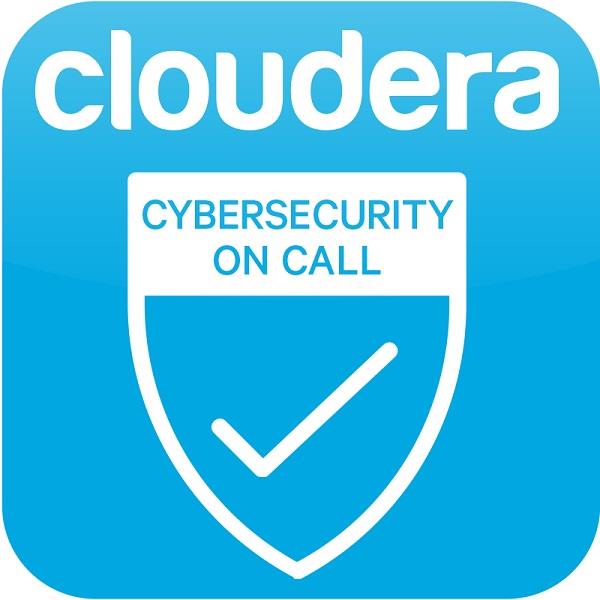
The emergence of Cloudera
Cloudera is the leading worldwide platform provider of Machine Learning. There is reportedly an accelerated momentum in the Cybersecurity market.
Latest blogs on technology to explore
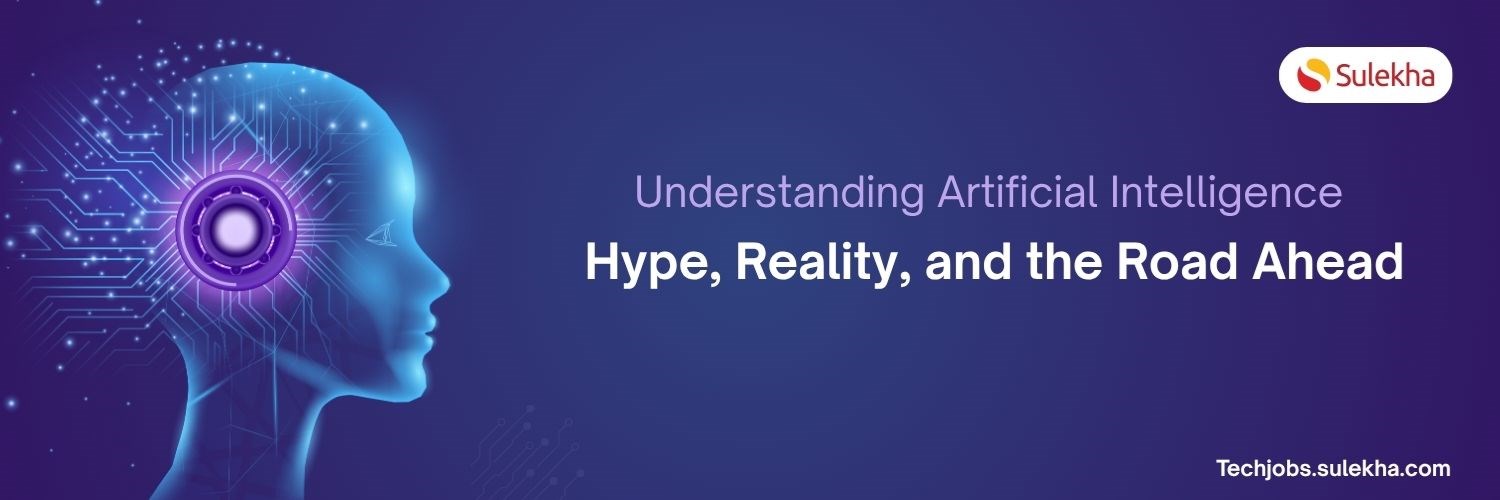
Understanding Artificial Intelligence: Hype, Reality, and the Road Ahead
Explore the reality of Artificial Intelligence (AI) — its impact, how it works, and its potential risks. Understand AI's benefits, challenges, and how to navigate its role in shaping industries and everyday life with expert training programs
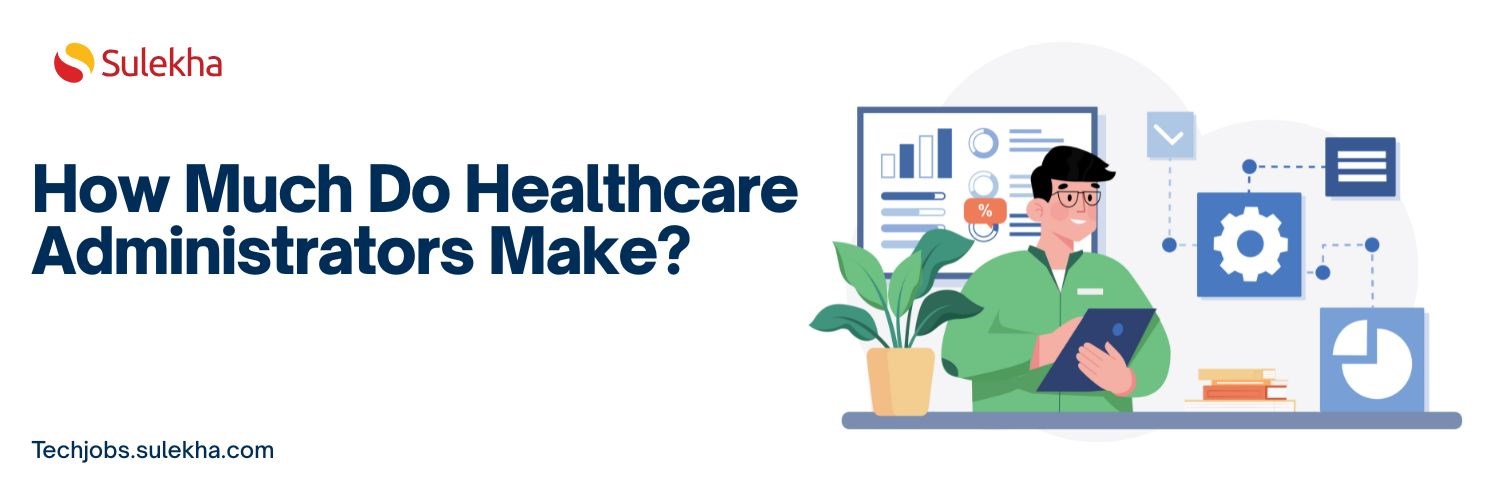
How Much Do Healthcare Administrators Make?
Discover how much healthcare administrators make, the importance of healthcare, career opportunities, and potential job roles. Learn about salary ranges, career growth, and training programs with Sulekha to kickstart your healthcare administration jo

How to Gain the High-Income Skills Employers Are Looking For?
Discover top high-income skills like software development, data analysis, AI, and project management that employers seek. Learn key skills and growth opportunities to boost your career.
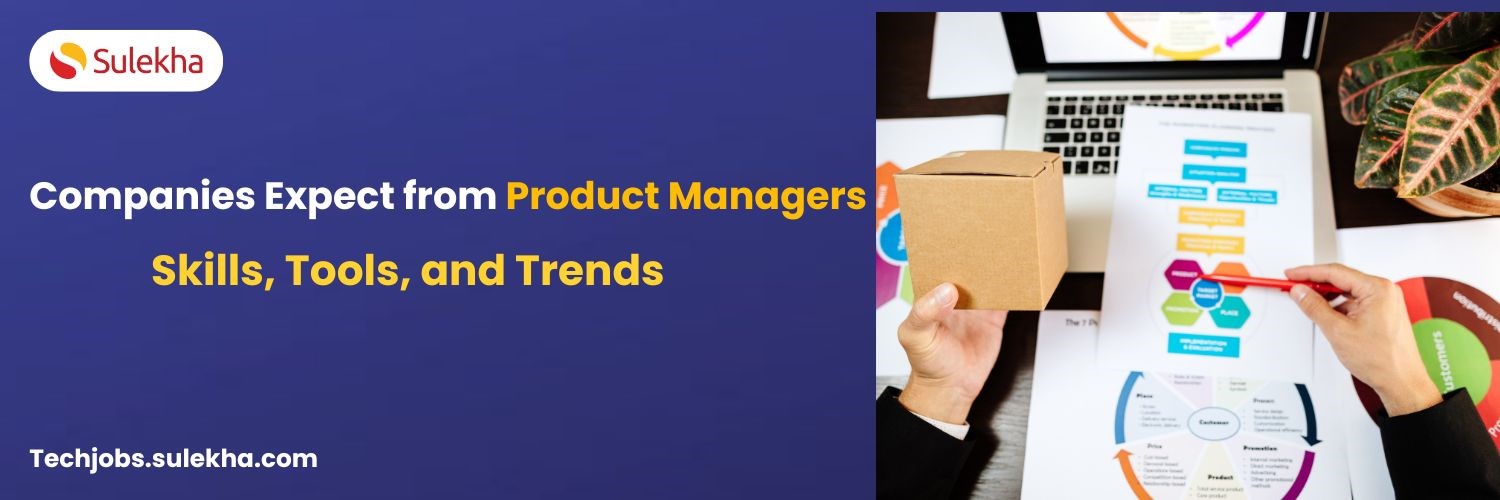
What Companies Expect from Product Managers in 2025: Skills, Tools, and Trends
Explore what companies expect from Product Managers in 2025, including essential skills, tools, certifications, and salary trends. Learn how to stay ahead in a rapidly evolving, tech-driven product management landscape.
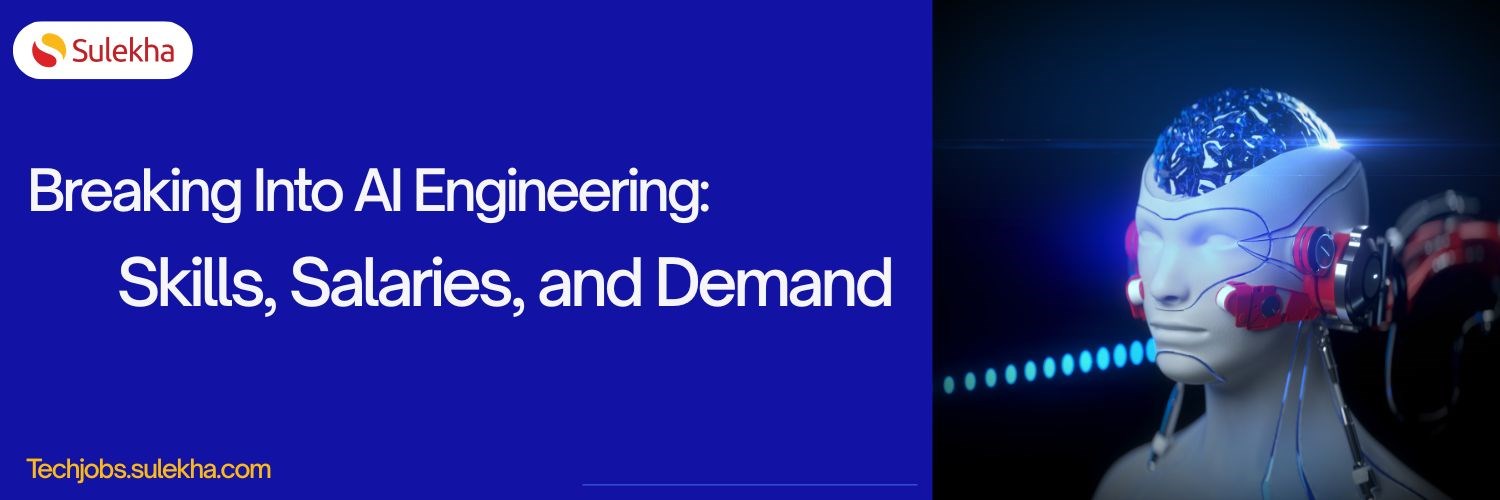
Breaking Into AI Engineering: Skills, Salaries, and Demand in the US
Discover how to break into AI engineering with insights on essential skills, salary expectations, and rising demand in the US. Learn about career paths, certifications, and how to succeed in one of tech’s fastest-growing fields.
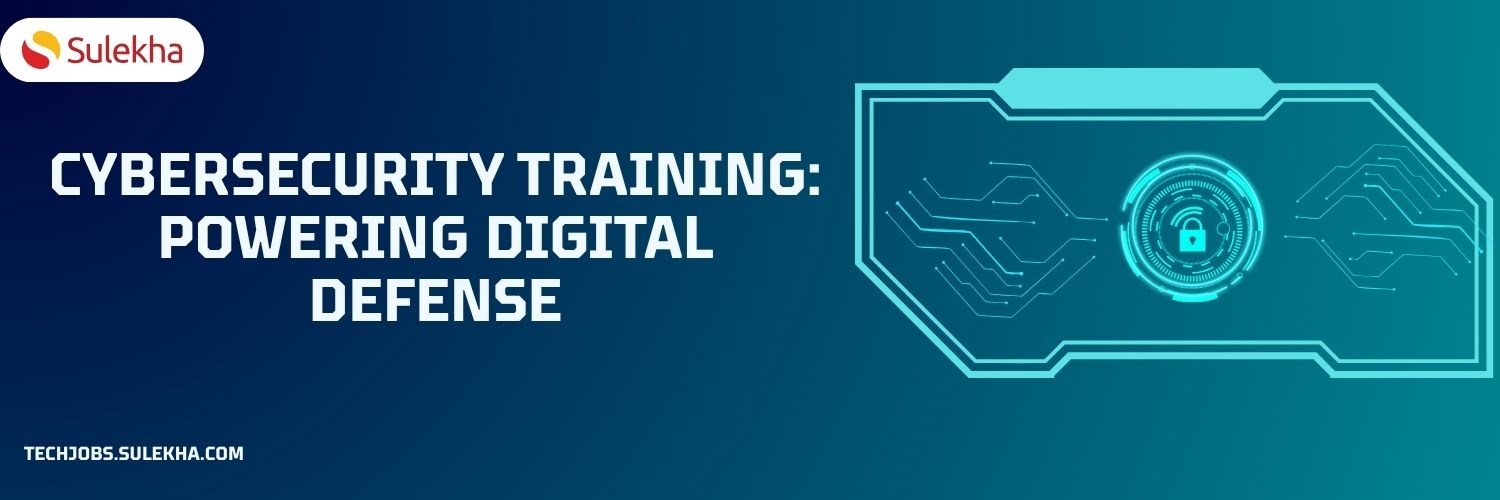
Cybersecurity Training: Powering Digital Defense
Explore top cybersecurity training programs in the USA to meet rising demand in digital defense. Learn about certifications, salaries, and career opportunities in this high-growth field.
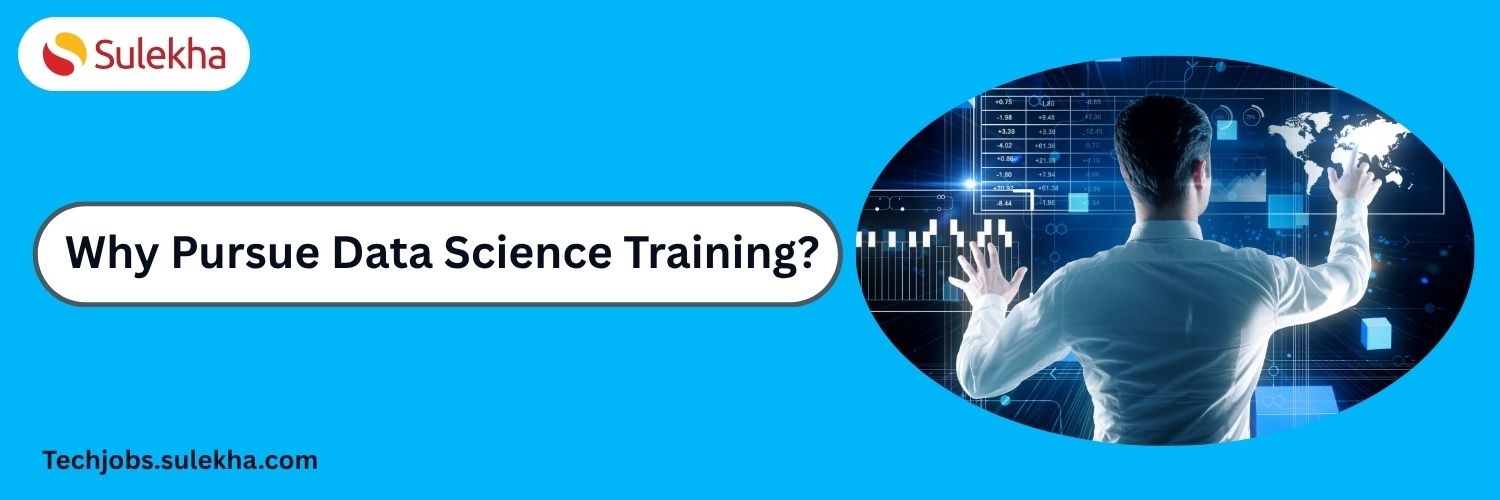
Why Pursue Data Science Training?
Empower your career in a data-driven world. Learn why data science training is crucial for high-demand jobs, informed decisions, and staying ahead with essential skills.

What Does a Cybersecurity Analyst Do? 2025
Discover the vital role of a Cybersecurity Analyst in 2025, protecting organizations from evolving cyber threats through monitoring, threat assessment, and incident response. Learn about career paths, key skills, certifications, and why now is the be
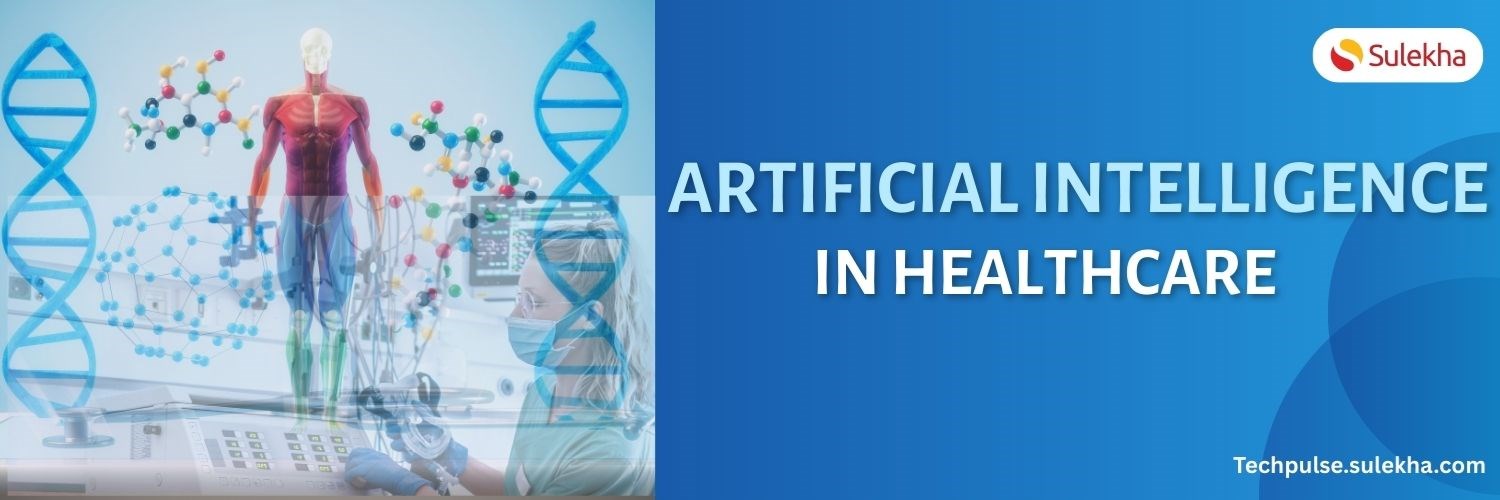
Artificial intelligence in healthcare: Medical and Diagnosis field
Artificial intelligence in healthcare: Medical and Diagnosis field
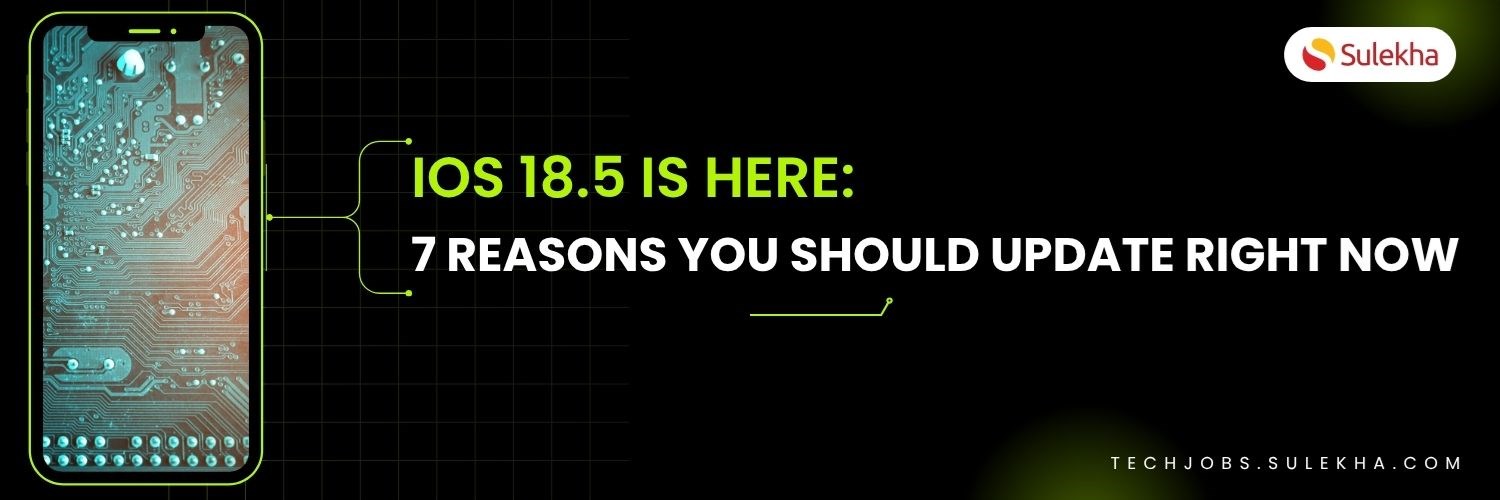
iOS 18.5 Is Here: 7 Reasons You Should Update Right Now
In this blog, we shall discuss Apple releases iOS 18.5 with new features and bug fixes
